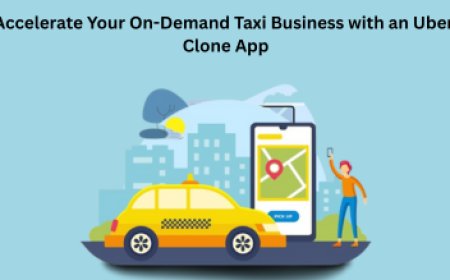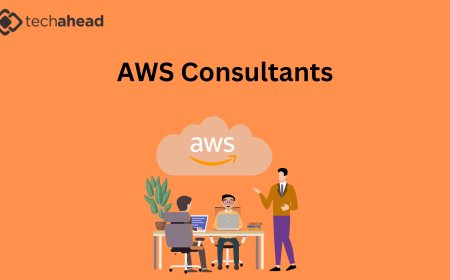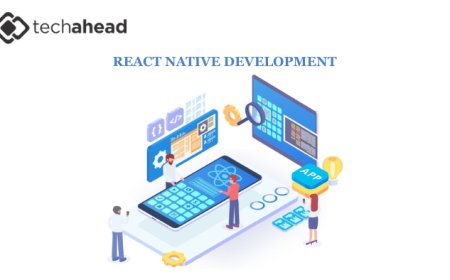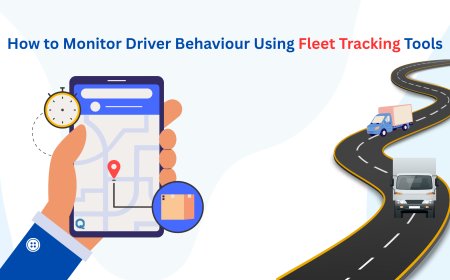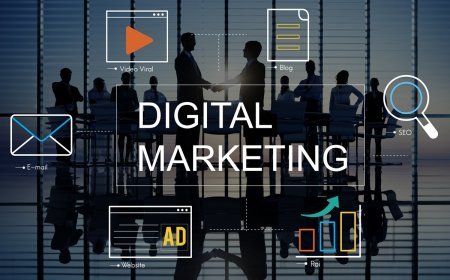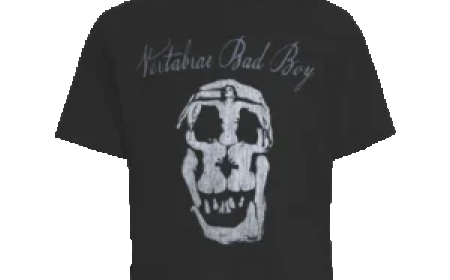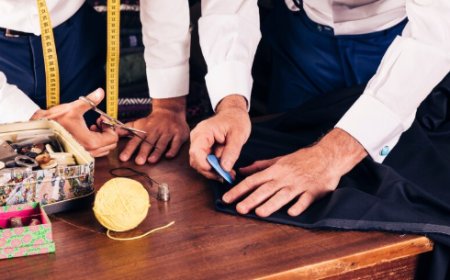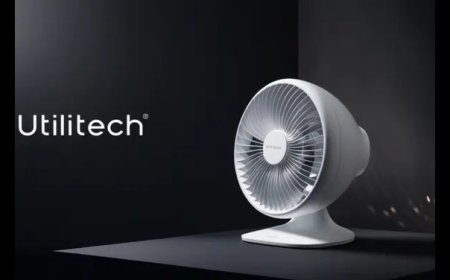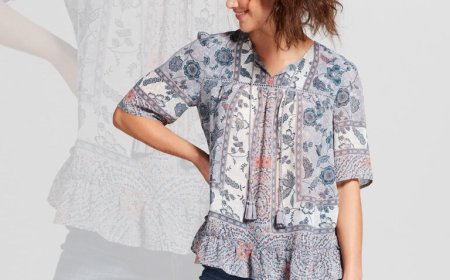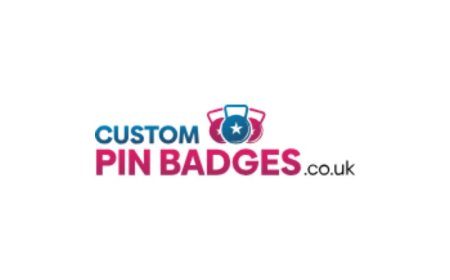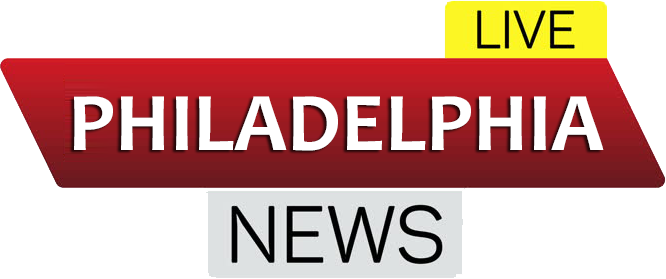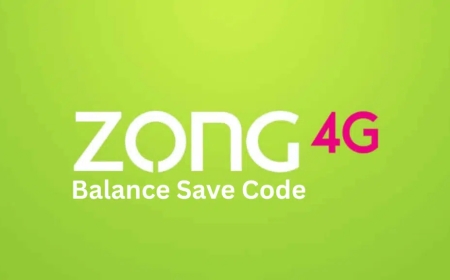How Brands Use raytarget AI to Align Creative and Media Teams for Better Results
In many fast-moving organizations, the creative and media teams often feel like theyre speaking different languages. Creative wants brand consistency and emotional storytelling. Media wants performance, metrics, and ROI.
But when those two sides work in silos, campaigns suffer. The best creative doesnt get tested. The best tests dont have strong creative. And both teams end up frustrated.
Todays smartest brands are solving that disconnect by using raytarget AI, a creative intelligence platform that brings both teams onto the same page using performance data to guide creative decisions and creative structure to inform media strategy.
Lets explore how raytarget AI helps brands bridge the gap between storytelling and scaling.
The Common Disconnect: Strategy Without Synergy
Heres a scenario that plays out across many marketing teams:
-
The media team requests five new ad variations.
-
The creative team builds them based on brand tone and visual appeal.
-
The ads launch and performance flops.
-
Creative blames media for poor targeting. Media blames creative for weak hooks.
Sound familiar?
It happens because both sides are working from different playbooks.
raytarget AI helps unify those playbooks using real ad data and performance trends as the common ground.
What raytarget AI Brings to Brand Marketing Teams
raytarget AI analyzes top-performing ads across industries and platforms, breaking them down into:
-
Hook structures
-
Format types (UGC, founder-led, motion)
-
CTA placement and framing
-
Emotional vs. rational messaging
-
Visual pacing and ad length
This gives both creative and media teams a shared source of truth and a smarter starting point.
5 Ways Brands Use raytarget AI to Align Teams and Maximize Campaign Success
1. Use Shared Insights to Build Better Campaign Briefs
Instead of basing briefs on assumptions or inspiration decks, teams can:
-
Pull high-performing ad examples directly from raytarget AI
-
Identify shared winning patterns in their industry
-
Build briefs that reflect proven creative structures and messaging
This ensures that both media and creative are working from the same strategy not just opinions.
2. Plan Testing Strategies That Make Creative Count
Media teams often launch dozens of creative tests, but without a clear hypothesis. With raytarget AI, they can:
-
Define what variables theyre testing (hook, format, CTA)
-
Choose variations based on winning patterns not random guesses
-
Give creatives direction thats backed by performance trends
This avoids waste and helps teams learn faster, together.
3. Help Creative Understand What Drives Performance
Creative teams dont always see post-launch performance data. raytarget AI bridges that gap by:
-
Making real-time performance insights accessible
-
Highlighting which creative choices are driving clicks, views, and conversions
-
Helping creatives build more performance-driven content without sacrificing brand integrity
Its not about turning designers into data analysts its about clarity and collaboration.
4. Enable Faster Iteration With Shared Visual Language
When everyone can point to a reference ad and say, Lets model this, teams move faster. raytarget AI supports this by:
-
Providing categorized examples by hook, format, and industry
-
Allowing teams to bookmark and share inspiration decks
-
Aligning on structure, tone, and pacing before production even begins
This streamlines feedback loops and reduces rework.
5. Create a Feedback Loop That Actually Works
Great campaigns come from iteration not one-and-done launches. raytarget AI helps teams:
-
Track how each variation performs
-
Understand which creative elements drove success
-
Feed those learnings back into the next campaign cycle
The result? Each campaign gets smarter, more aligned, and more effective.
Real Example: 30% Faster Campaign Turnaround at a CPG Brand
A large CPG brand was struggling with slow creative timelines and underperforming ads. Media and creative teams rarely met, and briefs were inconsistent.
With raytarget AI, they:
-
Built a shared library of top-performing competitor ads
-
Created standardized templates for briefs and creative reviews
-
Ran weekly cross-functional reviews using performance insights from the platform
Turnaround time dropped by 30%, campaign ROAS increased, and the teams worked more collaboratively than ever.
Why raytarget AI Works for Cross-Functional Teams
At its core, raytarget AI helps teams:
-
Speak a shared creative-performance language
-
Align strategy across departments
-
Build smarter creative faster and with less friction
Its not just a tool for one team. Its the bridge between them.
Conclusion: Better Collaboration Means Better Campaigns
Brand growth today isnt just about big budgets or bold ideas its about alignment.
raytarget AI helps creative and media teams unite around what works, test with intention, and build together not in parallel.
If your brand is ready to stop wasting time and start creating smarter, performance-backed campaigns, this is the tool that helps everyone do their best work together.









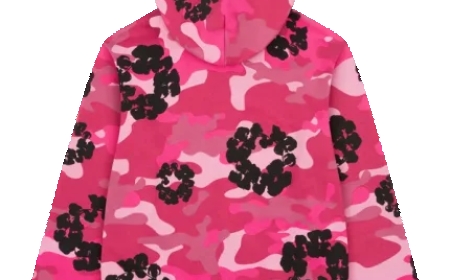

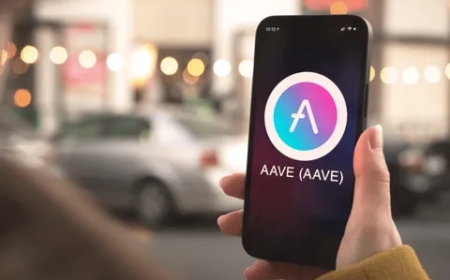





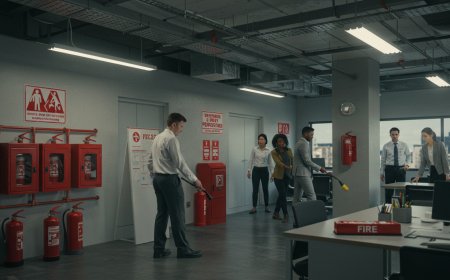
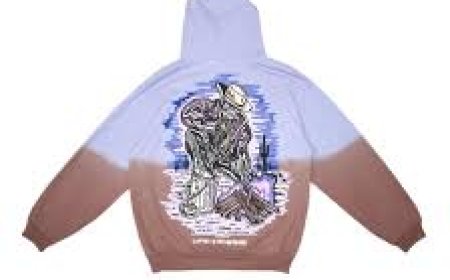
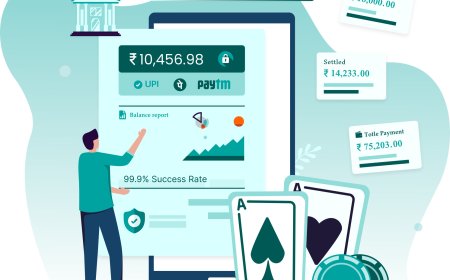
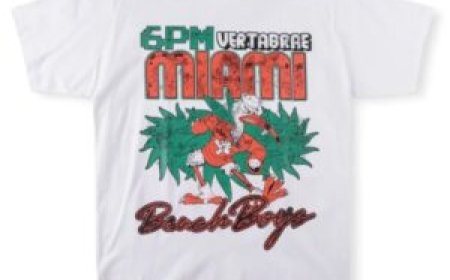
![Top 11 Real Estate Mobile App Developers in Riyadh, Saudi Arabia [2025 Edition]](https://www.philadelphialivenews.com/uploads/images/202506/image_430x256_68621a9e48997.jpg)
